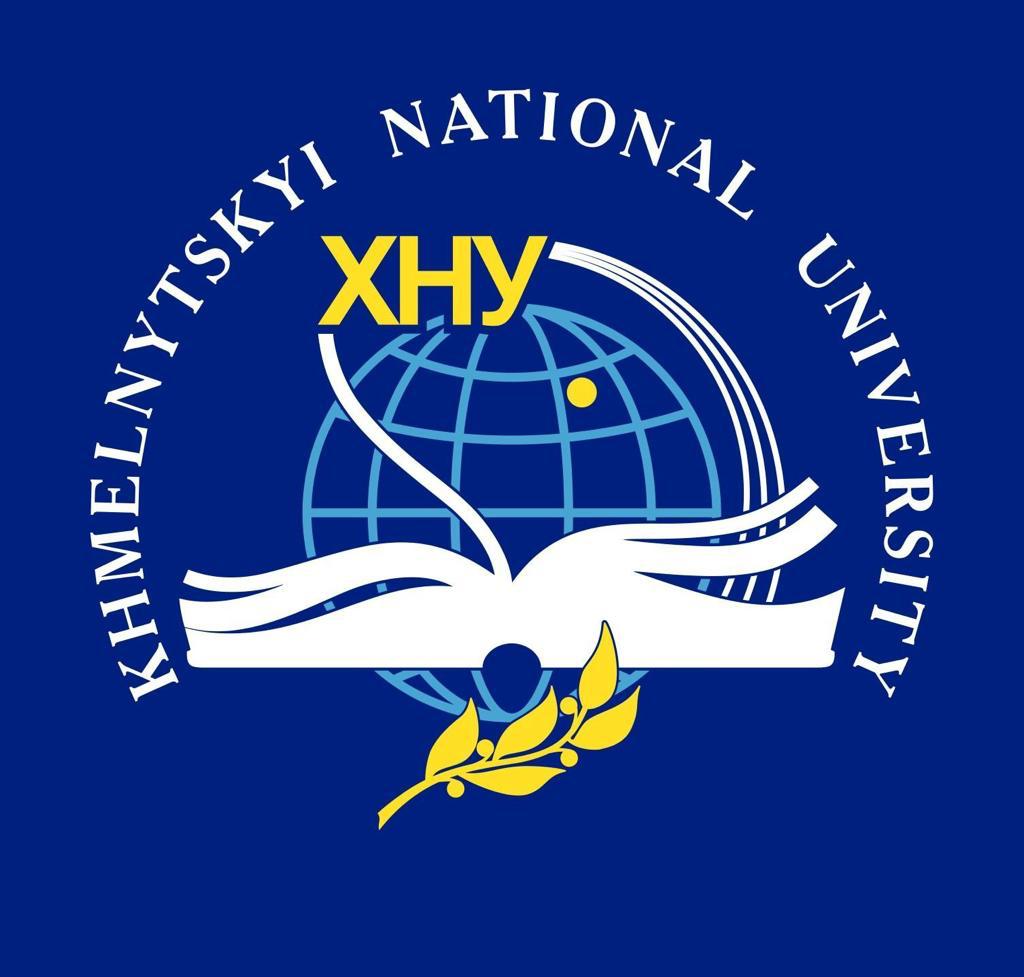FORMATION OF A CULTURE OF HEALTH IN SCHOOL STUDENTS THROUGH PHYSICAL CULTURE AS A PRIORITY DIRECTION IN THE EDUCATIONAL ENVIRONMENT
DOI:
https://doi.org/10.31891/pcs.2023.2.18Keywords:
formation, health culture, physical culture, educational process, classroom, extracurricular timeAbstract
The article examines the problems of forming a culture of health, a healthy lifestyle of student youth. The areas of work of physical culture teachers to increase efficiency and involve students in physical exercises during school and extra-curricular hours are highlighted. The modern educational process in the school, which should contribute to the upbringing and development of a physically developed personality, the formation of the ability to be responsible for one's own health, is analyzed. The measures that are considered as the most important health resource of activities that maintain and involve students in a healthy lifestyle have been studied. Active school programs on physical culture solve educational, health-related, and educational tasks that are implemented in the educational and pedagogical process of the school. An urgent issue is the search for effective forms of organization of physical education, development of physical culture and sports in order to establish the interconnection of theoretical knowledge, its effective implementation in the practice of the pedagogical process of the school. Scientists highlight the information that the school physical education program should be aimed at forming a health orientation in students. It is noted that the further development of physical culture in the country will be facilitated by the development of the infrastructure of the field of physical culture and sports in small cities and towns, the creation of sports grounds in the yards of large buildings, the review and improvement of financial support for physical culture and sports activities. It has been established that the distinctive features of the work of a physical education teacher should be the wide and skillful use in practice of modern ideas and goals of humanization, democratization in the organization and solving of various tasks of physical education during school and extracurricular hours and the development of students aimed at the formation of a "healthy lifestyle" in the pedagogical school process according to personal and system approaches.
References
Babich, V. I. (2012). Determination of the potential of the educational subject "Physical culture" in the context of the formation of social health of primary school students. Physical education, sports and health culture in modern society. N. 4. P. 240–243. [in Ukrainian].
Horashchuk, V. P. (2006). Culture of health - a new pedagogical direction for the formation of a healthy generation in the modern education system in Ukraine. Valeology: current state, directions and prospects of development. Materials of the 4th international scientific and practical conference, April: in 2 volumes (edited by Prof. M. S. Goncharenko): Kharkiv. II, part 2. P. 54-62. [in Ukrainian].
Kravchuk, Ya. I. (2010). Theoretical and methodological principles of a differentiated approach to teaching physical culture of secondary school students. Physical education, sport and health culture in modern society. N. 1. P. 40–44. [in Ukrainian].
Lyakhova, I. M. (2019). Formation of students' health culture (theoretical and health-forming aspects). Scientific journal [of the National Pedagogical University named after M. P. Drahomanov]. Series 15: Scientific and pedagogical problems of physical culture (physical culture and sports). Issue7. P. 54-59. [in Ukrainian].
Melnyk Y. V., Svyachena S. M. (2002). Organization of a healthy lifestyle at school and the formation of a culture of health of primary school students: teaching method. manual for heads of education schools, teachers, educators, practitioners. of psychologists, social workers Kh.: HDPU. 210 p. [in Ukrainian].
Potashniuk, I. V. (2010). Basics of forming a culture of health among students of general educational institutions. Physical education, sport and health culture in modern society. N. 4. P. 49–52. [in Ukrainian].





